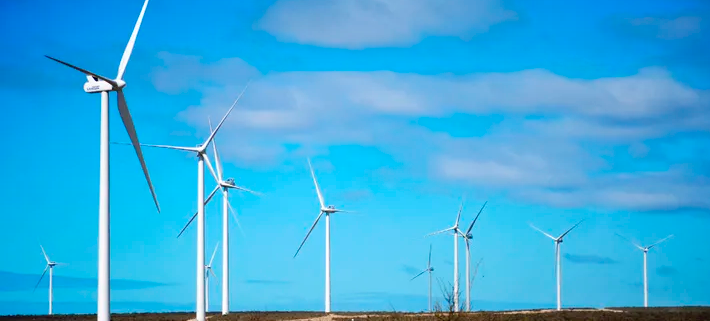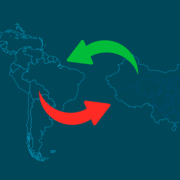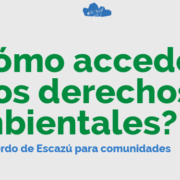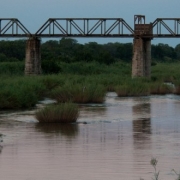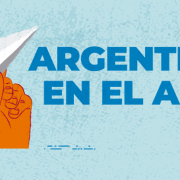The Asian Bank approved its first infrastructure project in Argentina
From September 25 to 26, in Sharm El Sheikh, Egypt, the eighth Annual Assembly of the Asian Infrastructure Investment Bank (AIIB) was held, an event that brings together its members, business representatives and civil organizations to discuss the direction strategy and initiatives of the organization. At this meeting, the AIIB announced the approval of the first loan in Argentina, intended to finance a wind farm in Tierra del Fuego.
“Below, we offer a google translate version of the original article in Spanish. This translation may not be accurate but serves as a general presentation of the article. For more accurate information, please switch to the Spanish version of the website. In addition, feel free to directly contact in English the person mentioned at the bottom of this article with regards to this topic”.
The main objective of the Annual Assembly is to share the Bank’s progress and receive suggestions regarding its strategic direction and operations. It also provides information and encourages exchanges on policies and projects financed by the AIIB in terms of social and environmental impact.
The central theme of the 8th Assembly was “sustainable growth in a challenging world” and highlighted the importance of addressing the global climate agenda and supporting key infrastructure demands for AIIB member countries. The meeting program covered a variety of Thematic topics that include the latest trends and priorities of the Bank. The public sessions were grouped into three thematic streams: sustainability, connectivity and multilateral cooperation. They addressed issues related to the development and implementation of sustainable environmental infrastructure, as well as the promotion and strengthening alliances that improve infrastructure connectivity both in Asia and in other regions.
First AIIB project in Argentina
A particularly relevant event for Argentina was the announcement, during the event, of the approval of the project called “Energy transition of the province of Tierra del Fuego” for an amount of 65 million dollars. This project marks a milestone, as it represents the first financing granted to Argentina as a member of the Bank, which it officially joined in March 2021. The funds will be used for the construction of a wind farm near the city of Río Grande. . According to the AIIB, the main objective of the project is to establish the wind energy generation capacity in the province of Tierra del Fuego and it “is aligned with the objectives of the Paris Agreement and the Nationally Determined Contributions of Argentina, for which will help reduce greenhouse gas emissions and increase the adoption of renewable energy.” This initiative arises from the need to take advantage of the wind resources that the province has and the lack of interconnection in local networks for the materialization of projects of such magnitude.
However, it is important to highlight that given the scarcity of information about the project, it is essential to analyze in depth how the project will be carried out, and what the true implications could be in terms of socio-environmental impacts. For this reason, at Fundeps we are monitoring this project and have made a request for information to the AIIB about details that are not yet clear. For example, although an Environmental and Social Management Plan (PMAS) and a Stakeholder Participation Plan (PPPI) have been published on the Bank’s website, the documentation related to the Environmental Impact Assessment is not yet available. and Social, the Environmental and Social Due Diligence Report or information related to the public hearings planned for the project, among other relevant documentation.
This information is key to identifying the real impacts of the project and verifying whether access to information about the project and the participation of the local population is effectively ensured. In turn, another aspect that raises doubts is the role that the CAF (current Development Bank of Latin America) will have in relation to the project, since it has been presented as a co-financed project between both multilateral institutions.
Author
Candela Jauregui
Contact
Gonzalo Roza, gon.roza@fundeps.org

